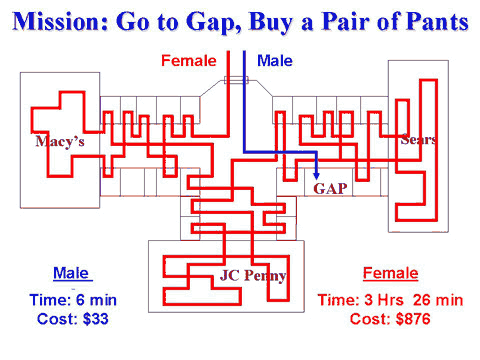Employment Interview Quiz
1. You should arrive at a job interview
a. On time b. 5-10 minutes early c. 20 minutes early
2. At the interview:
a. You should know the company's history
b. Ask about the company's history
c. Ask about the products the company makes
3. It is illegal for a potenial employer to ask your marital status
a. False b. True
4. The person interviewing you is probably:
a. A trained interviewer
b. Trying to psych you out
c. Just as nervous as you
d. Trying to trap you
5. The secretary who greets you before an interview:
a. Should only ask your name
b. Will be asked by the interviewer to give an opinion of you later
c. Will get you coffee if you ask
6. Thank you notes:
a. Are an old-fashioned device no longer necessary
b. Should be sent to the interviewer within 2 days
c. Should be sent to the interviewer only after the job is obtained
7. You should ask questions when the interviewer asks if you have any
a. True b. False
8. It is okay to speak negatively of a previous employer
a. True b. False
9. You are a first time interviewee at a firm. The interviewer keeps you waiting 15 minutes past your appointment time, sits you in a seat where the sun hits your eyes, and is critical of whatever you say. What type of interview are you experiencing?
a. Directed Interview
b. Board Interview
c. Selection Interview
d. Stress Interview
10. It's okay to ask about salary
a. True b. False


